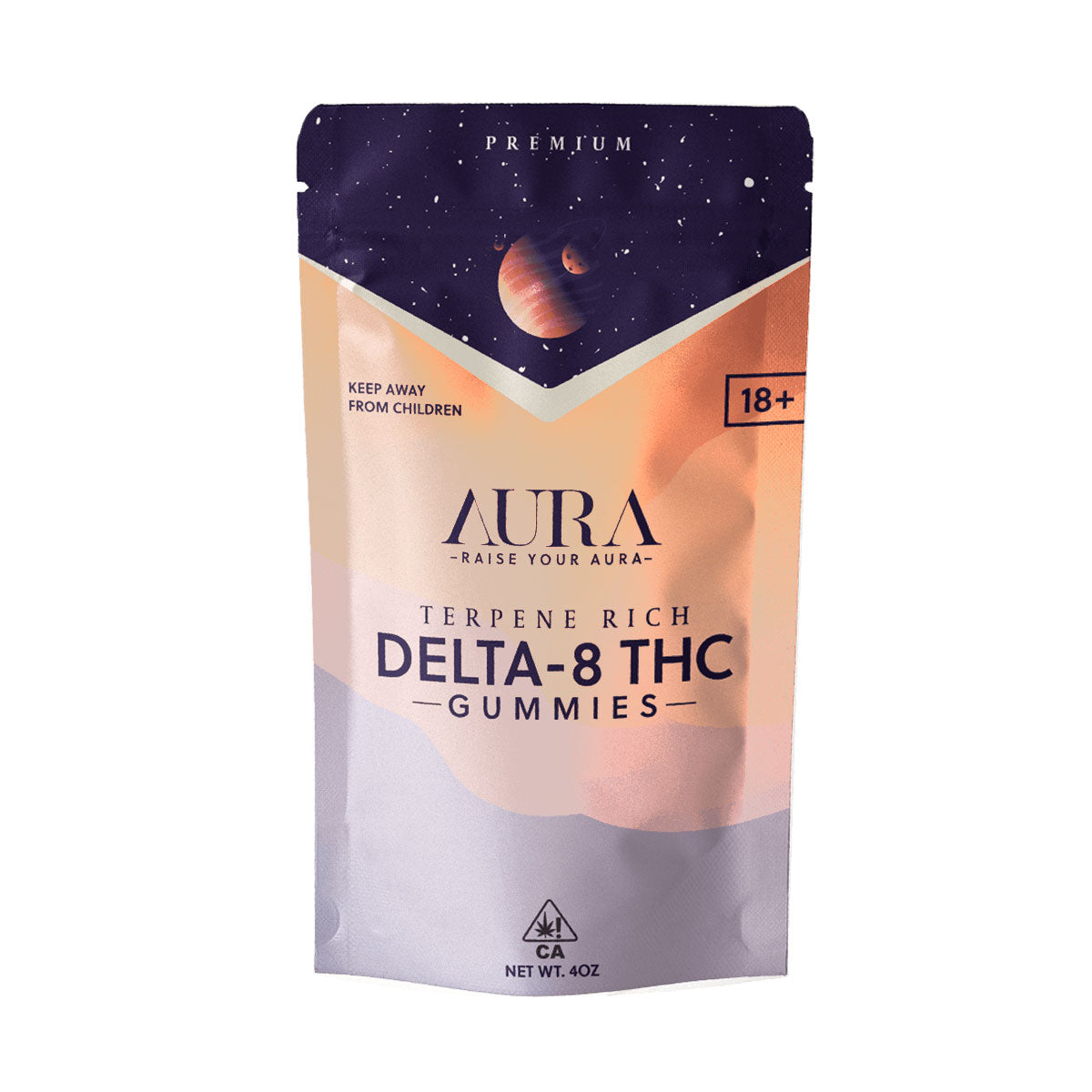The Endocannabinoid System and Sleep: Unraveling the Link
The endocannabinoid system (ECS) is a complex network of receptors and neurotransmitters within the human body, playing a crucial role in regulating various physiological processes. One fascinating aspect of ECS functioning is its involvement in the intricate dance of sleep. In this short blog post, let's unravel the link between the endocannabinoid system and sleep, exploring how this system influences our nightly rest.
The Endocannabinoid System Basics:
The ECS consists of receptors (CB1 and CB2), endocannabinoids (naturally occurring compounds produced by the body), and enzymes that regulate the synthesis and breakdown of these endocannabinoids.
CB1 Receptors in the Brain:
CB1 receptors are primarily located in the central nervous system, particularly in regions associated with cognitive functions, emotions, and, notably, sleep regulation.
Anandamide and 2-AG:The two main endocannabinoids, anandamide and 2-arachidonoylglycerol (2-AG), bind to CB1 receptors. Anandamide is often referred to as the "bliss molecule" and has been associated with mood regulation and relaxation.
The ECS and Sleep Regulation:
Modulation of Sleep Stages: The ECS plays a role in modulating sleep stages, particularly REM (rapid eye movement) sleep. Activation of CB1 receptors has been linked to the regulation of REM sleep, influencing its duration and occurrence.
Cannabinoids and Relaxation: Phytocannabinoids, compounds found in cannabis, such as THC and CBD, interact with the ECS. THC, for example, may induce relaxation and sedation by binding to CB1 receptors, influencing sleep patterns.
Endocannabinoids and Circadian Rhythms: The ECS also plays a role in regulating circadian rhythms, the body's internal clock that governs the sleep-wake cycle. The timing and release of endocannabinoids are intricately tied to these rhythms.
Stress Response and Sleep: The ECS is involved in the body's stress response, and stress can impact sleep quality. By modulating stress responses, the ECS may indirectly contribute to better sleep outcomes.
The intricate relationship between the endocannabinoid system and sleep is a fascinating area of study, shedding light on the mechanisms through which our body regulates rest. As research in this field continues, a deeper understanding of how cannabinoids and the ECS influence sleep may pave the way for innovative approaches to sleep disorders and overall sleep improvement.
Harnessing the potential of the ECS through responsible cannabis use could offer insights into promoting more restful and rejuvenating nights. Sweet dreams may indeed be connected to the delicate balance orchestrated by our endocannabinoid system.
FREQUENTLY ASKED QUESTIONS
CBD capsules, pills or softgels support your body’s Endocannabinoid System (ECS), which helps regulate your natural inflammatory response, stress response, immune function, and sleep cycle so you can better manage stress, burnout, irritation, and discomfort.
Each form of CBD takes a different route through your body, impacting how long it takes to interact with your Endocannabinoid System (ECS) and how long it takes to work varies depending on a combination factors: metabolism, weight, and whether you've recently eaten can influence how long it takes CBD capsules to take effect. It is important to note that CBD builds up in the body over time, meaning that committing to your daily suggested amount is key to the long-term success with your CBD product of choice. Try taking the recommended amount on the packaging for 30 days. You can always adjust the amount as needed — you know your body best.
Understanding the suggested amount of CBD for you starts with understanding how CBD interacts with the body and brain, and particularly with the Endocannabinoid System, also called the ECS. To learn more, checkout How Long Do CBD Capsules Take To Work?
CBD capsules and CBD softgels are best taken at a consistent level for you to understand what works best for you — you know your body best. Try starting with the recommended amount on the packaging, and monitor how you feel over the next 30 days. If you aren't satisfied with the results, try gradually increasing or decreasing the number as needed.
Selecting a CBD product is an individual decision based on your overall wellness goals. CBD capsules are easy-to-swallow pills similar to a vitamin so you don't need to guess how much to take. CBD oils, such as tinctures, commonly use carrier oils including olive oil or medium-chain triglyceride (MTC) from coconut or hemp seed oil which might not taste good. And let's face it, oils are a little messy, and measuring out a precise amount from a small bottle with a dropper might not be an easy task. Unless the CBD in a CBD oil has been optimized for bioavailability, CBD oils won't be absorbed by the body and all the benefits may not be felt.

